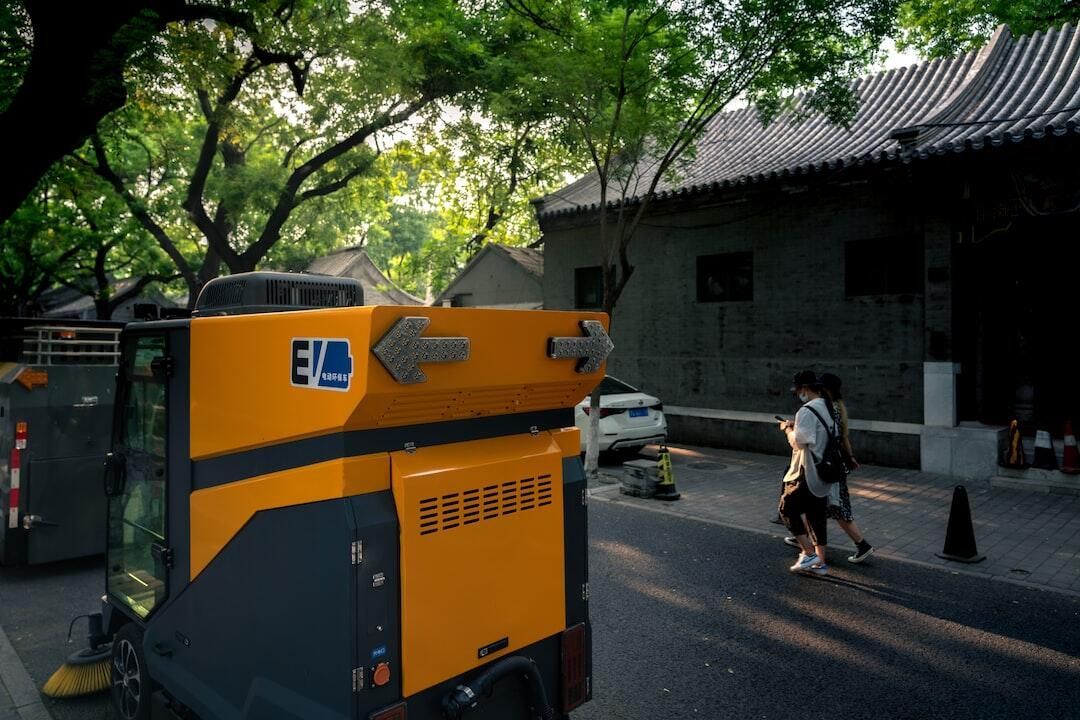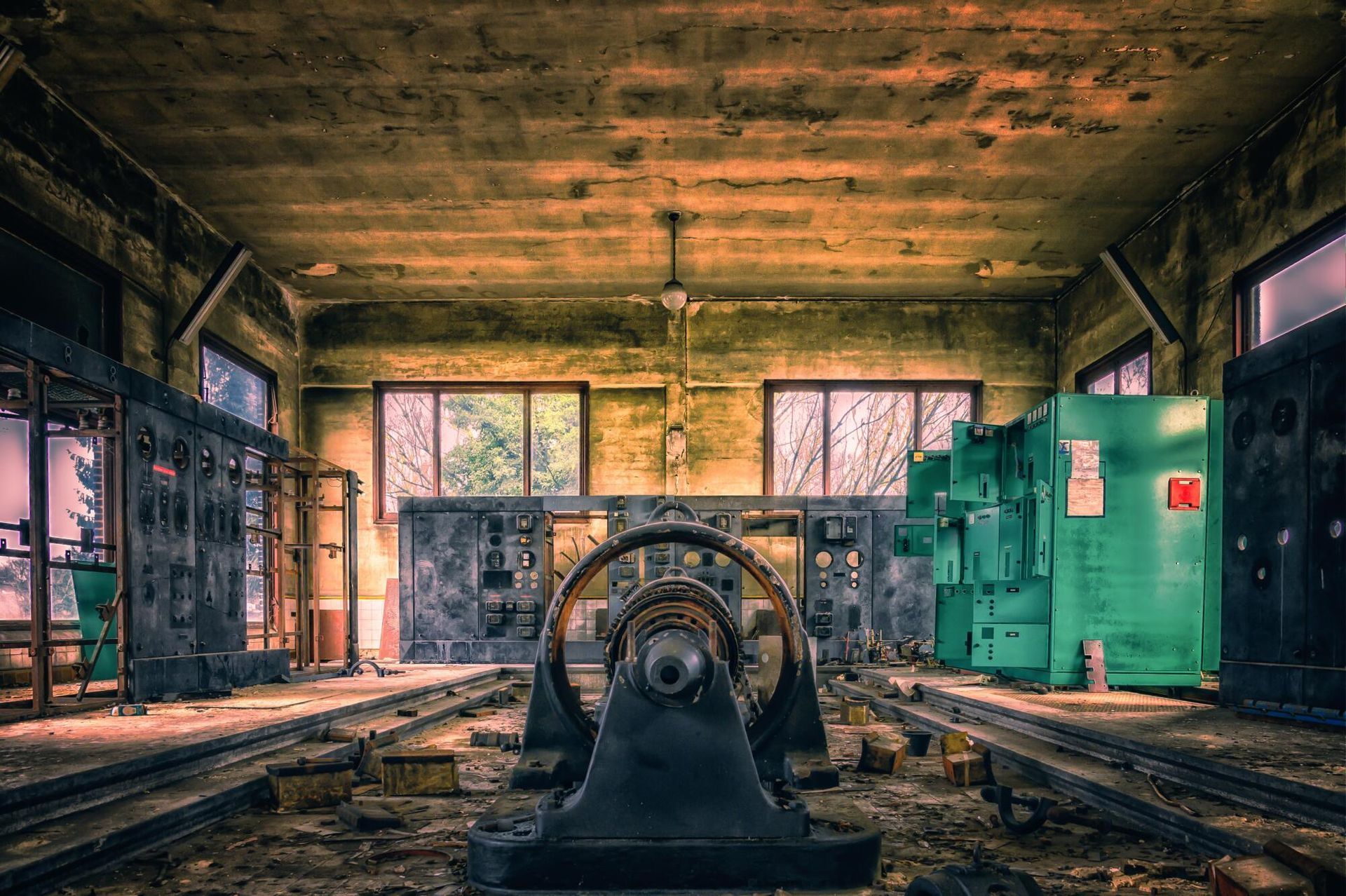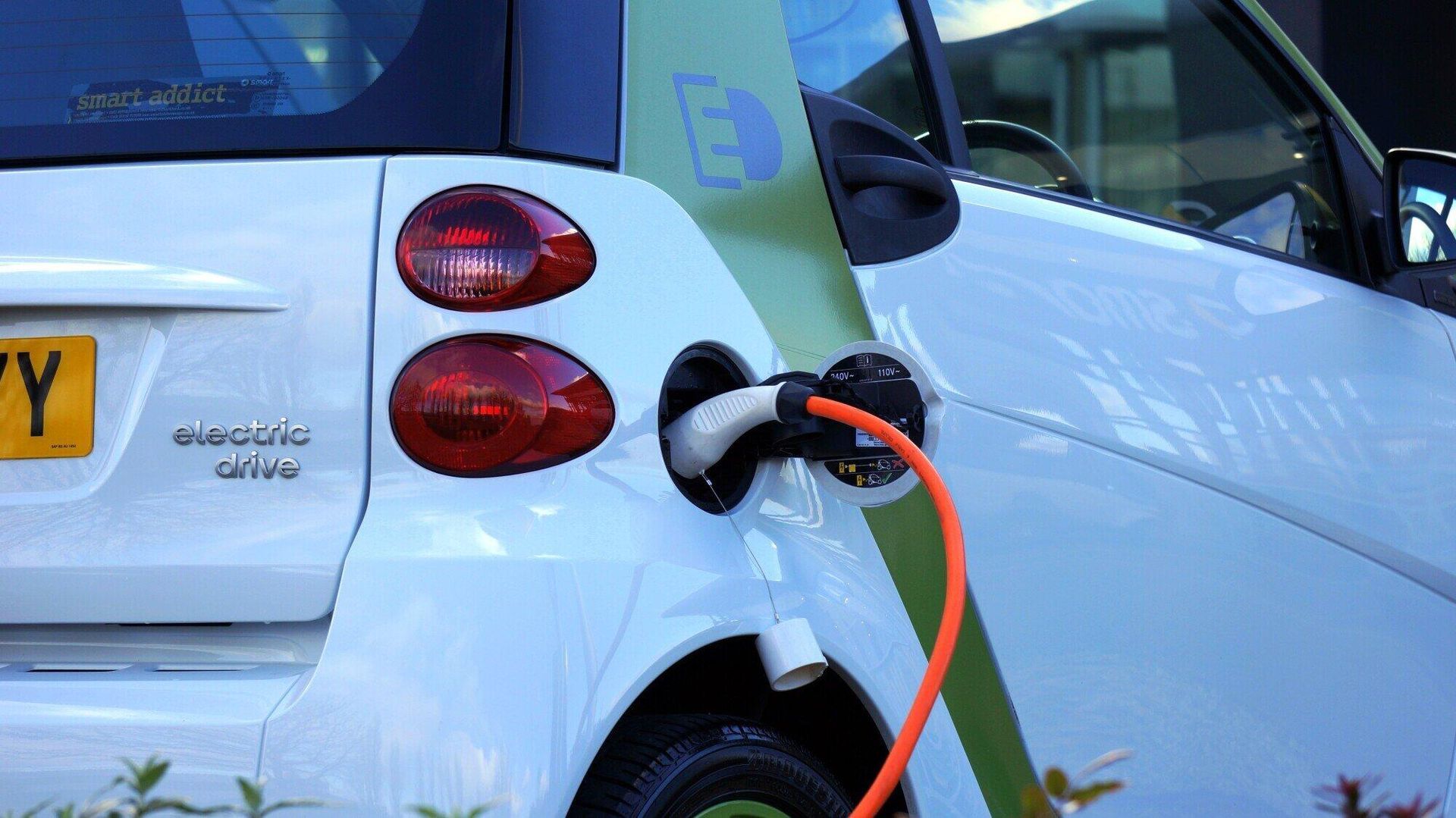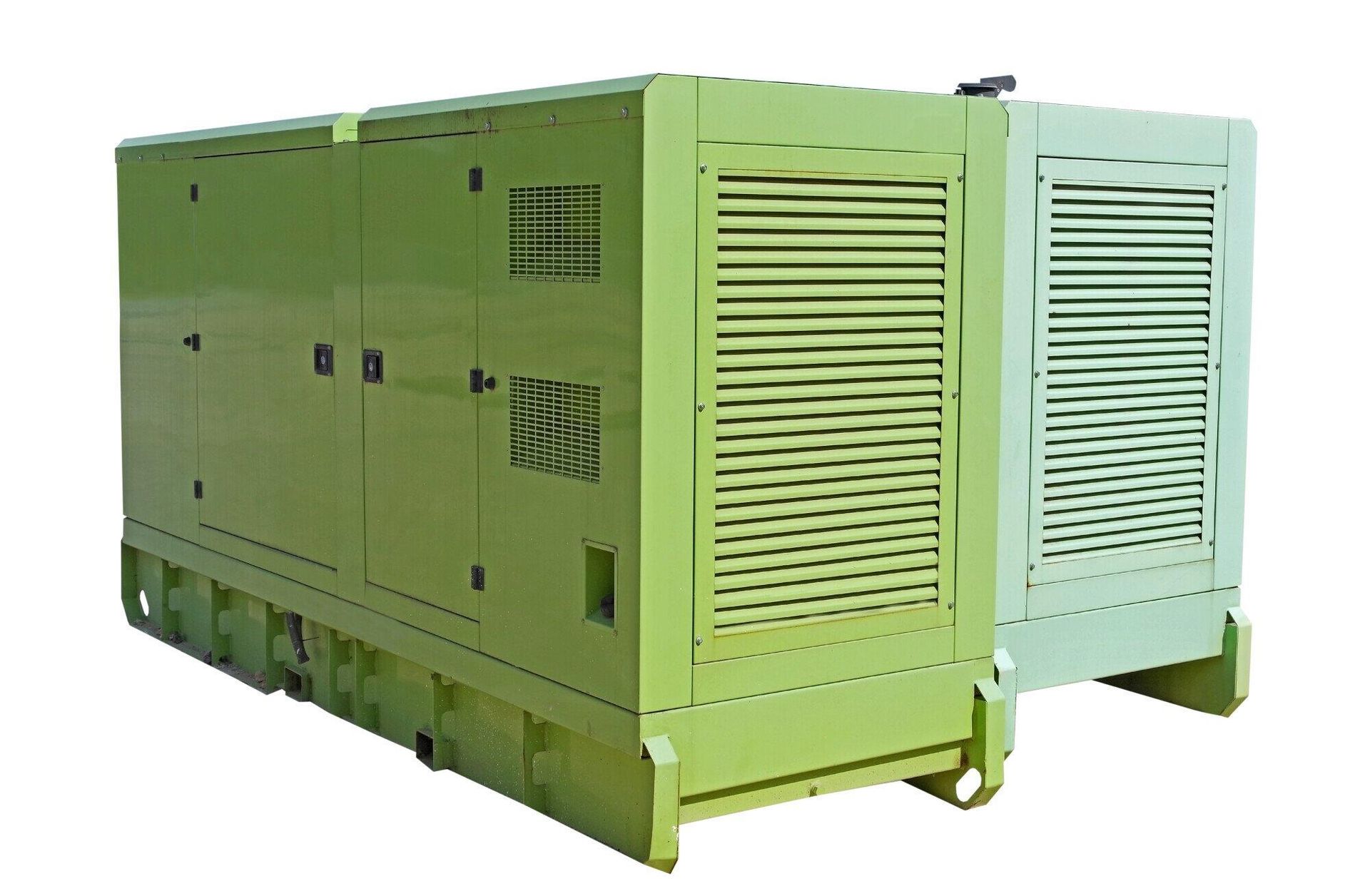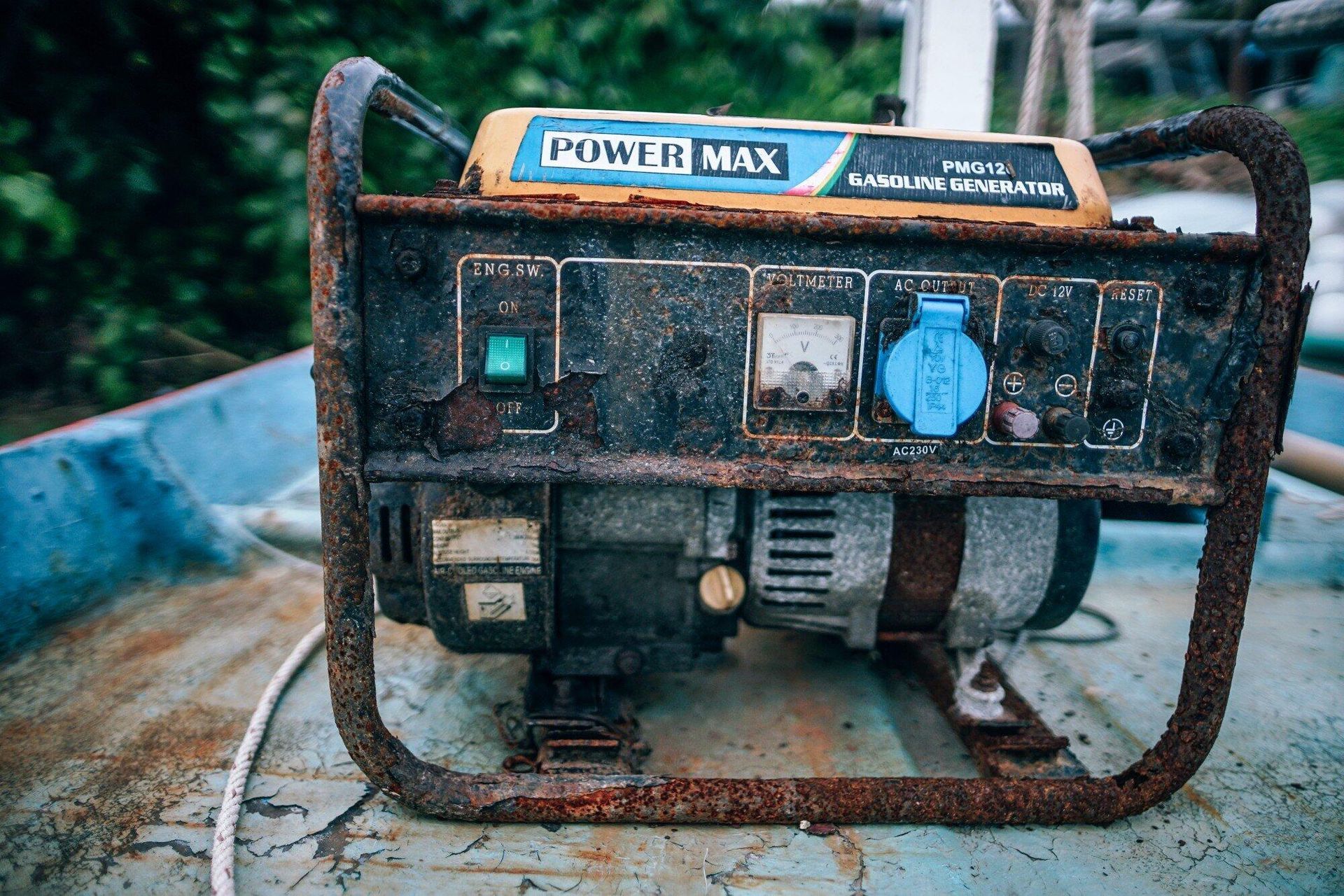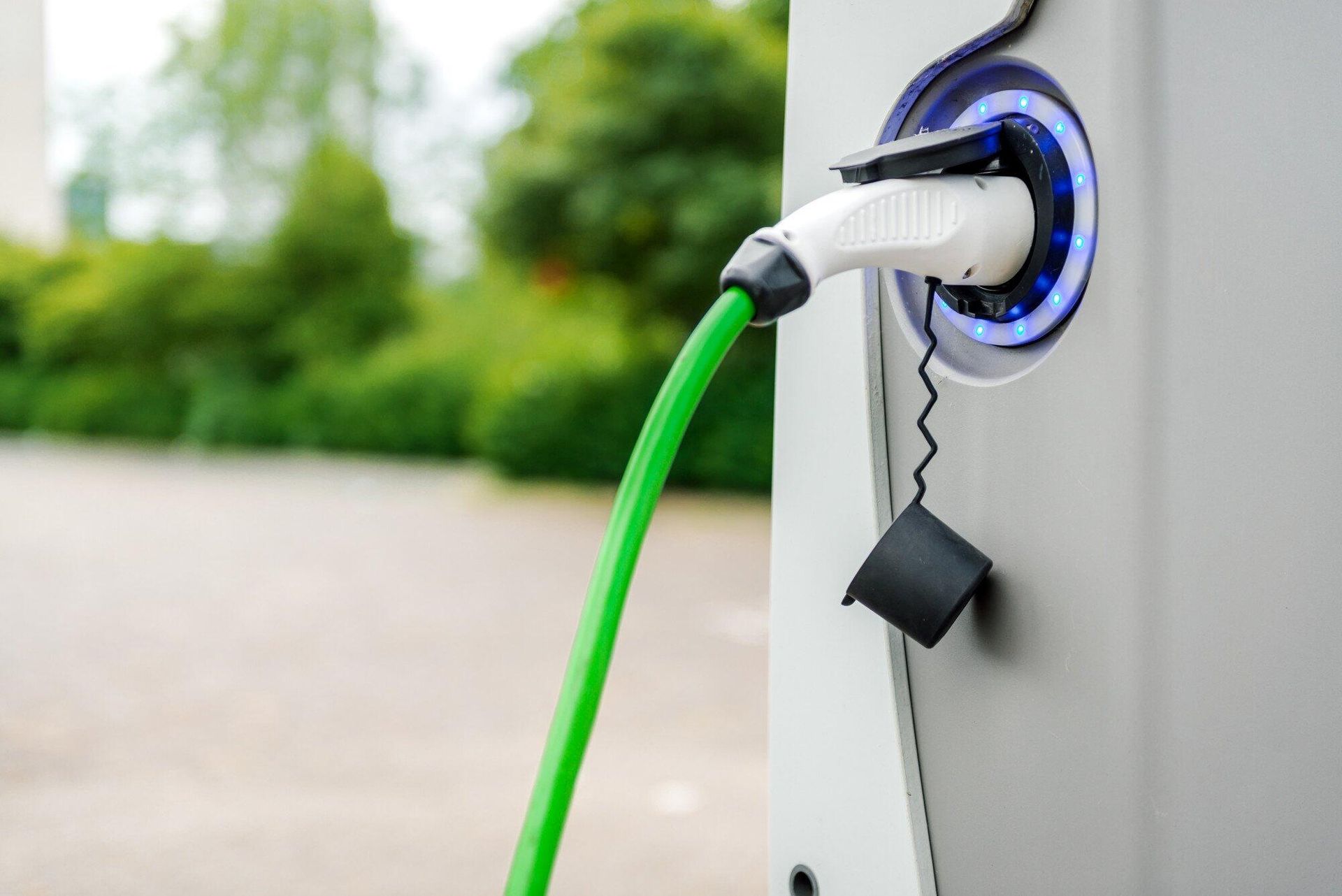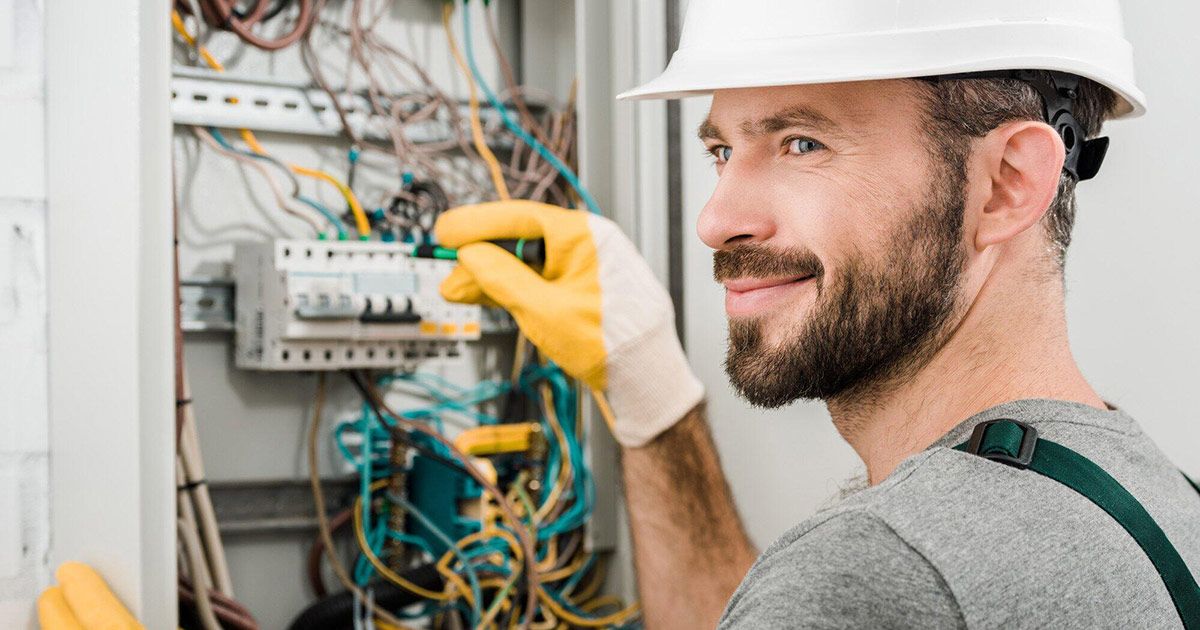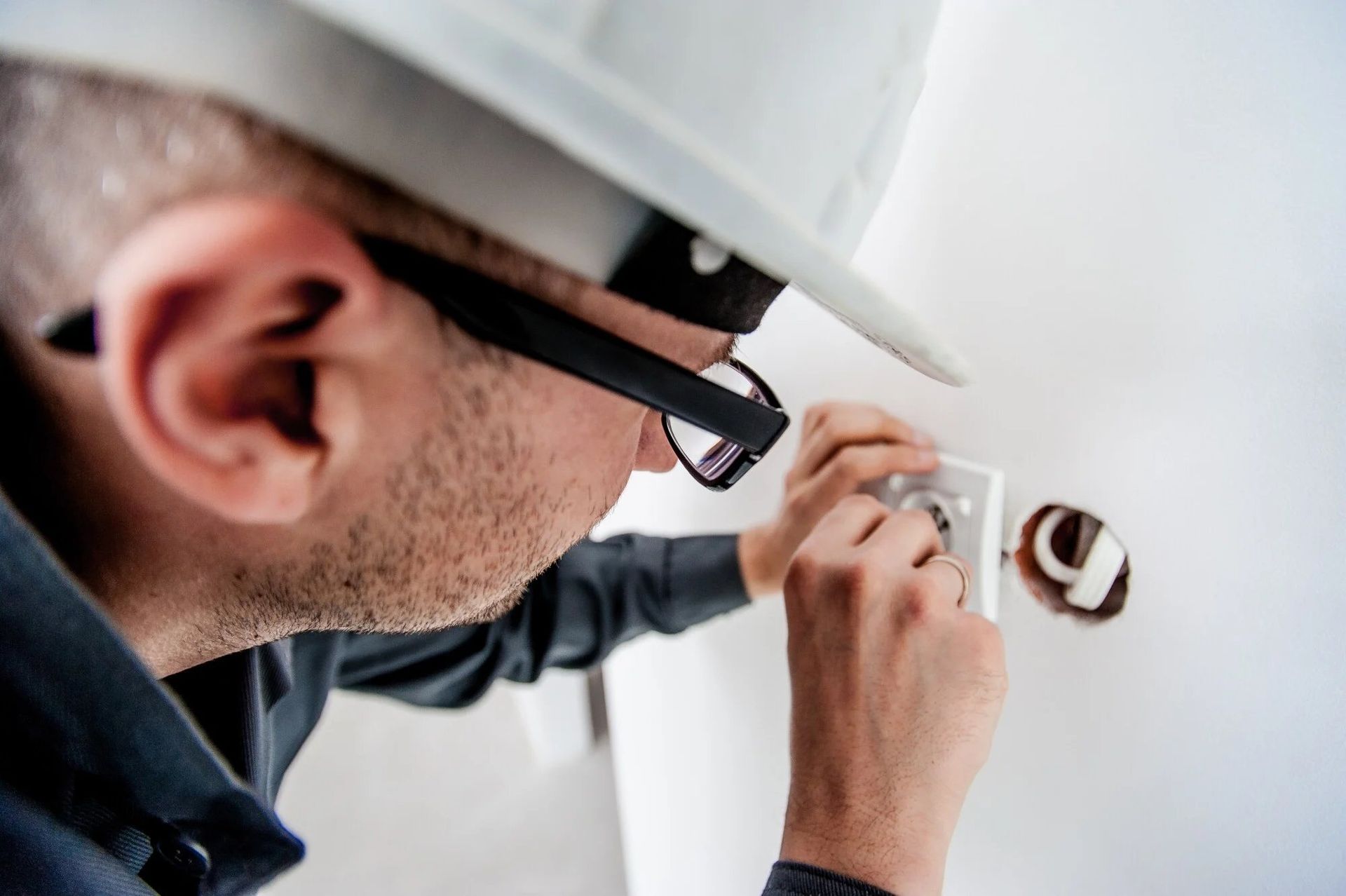Generator Installations: The Process Explained for Homeowners
There are several things you need to understand when it comes to generator installations in Northeastern North Carolina and Southeastern Virginia. Learn more about this process right here.
According to a representative from Duke Energy, trees are the leading cause of power outages in North Carolina. High winds blow through and down trees, taking out the above-ground power lines. While some downed lines can be repaired in hours, you may end up waiting much longer if there's a lot of damage in your area.
Instead of suffering in the dark, you could rely on home generators to power your home. Generator installations in Northeastern North Carolina and Southeastern Virginia are especially helpful if you require electricity for work or healthcare reasons.
Here's what you can expect from a generator installation and how to prepare.
Why You Need a Whole-House Generator
You may wonder why you would need a large generator for your home. After all, they make smaller portable ones that can help power your appliances. You could also use small power banks to charge your mobile devices.
The only problem with those smaller options is that they often are limited both in how many things they can power and how much charge they carry.
In contrast, a whole-house generator is installed in such a way that it automatically kicks in when your power turns off. At most, you may notice your lights flickering slightly. However, the generator will take over as soon as it needs to.
Additionally, these generators can run for multiple days at a time without issue. This will vary depending on the size of your fuel tank and how much power you're using.
Which Types of Generators Work for Your Home?
There are two factors to take into consideration before installing a generator on your property. First, there's the size of the generator and how many things you intend to power. Second, there's the type of fuel source it uses.
When it comes to the size of your generator, you'll want to look at your appliance wattage. Larger appliances like your refrigerator take a lot of watts to run. Your HVAC system will also require a lot of power, especially if you plan to use it as normal.
Decide which electronics you'll want to power and add up their wattage. Shop around for the maximum amount you'll need and work your way down to find an affordable generator option.
On top of that, you'll want to narrow your search based on fuel type. The four main fuel options are natural gas, propane, diesel, and gasoline.
Natural gas is the most affordable option that is widely available and can be delivered through pipelines into your home. Propane is environmentally friendly but requires a storage tank.
Diesel packs the most energy. Gasoline is most common but is often only used for portable generators rather than home ones.
Other Whole House Generator Considerations
When considering purchasing a generator, you should also factor in the price, available space, and permit requirements. While the generator itself won't require a permit, you will need one for any electrical upgrades and plumbing changes.
The Installation Process
The actual installation process involves multiple steps that often involve some kind of renovation to your property. More specifically, your installer may have to set up specific wiring for your generator to function as well as install plumbing for a natural gas line.
Preparation
The first part of the generator installation begins with the homeowner. You'll want to prepare your home by clearing out some space and removing landscaping that's in the way.
Your new generator will become a permanent structure of your home. The installer may recommend pouring a concrete pad where the generator can sit. You'll also want to place it somewhere close to your house where it can get connected easily.
Electrical Work
Standby generators work via an automatic transfer switch that makes them activate when your normal flow of electricity stops. That way, you can get a seamless transition to your generator's power. The only problem is that your house may not have this switch installed.
You'll need to hire an electrician to set up the wiring, including the transfer switch and an electrical subpanel. The price will vary depending on if you've had some of these pieces already installed.
Plumbing
On a similar note, you'll want to hire a local plumber to install the plumbing for your generator if it uses natural gas or liquid propane. You may be able to use an existing natural gas line. If you don't have one installed, you'll need to see if it's possible to get a connection in your area.
Location
Where you install your generator is also important, as it needs to be close to your home but not in the way. For example, the exhaust shouldn't be anywhere near your windows or entry points.
You also want there to be enough room to set up a model-specific cover or freestanding canopy to protect it from inclement weather. If you build a generator enclosure, make sure it's the right size and has enough ventilation.
How to Buy a Generator
Professional generator installations are the way to go if you want to improve your home's energy resources. Trying to do it yourself is far too risky, especially if you hope to rely on it in an emergency.
Your best option is to contact a local generator installer so they can help you assess your current power usage. They can also take a look at your yard and electrical setup to give you an estimate on your purchase and installation.
On top of that, they can set up a maintenance schedule so you can keep your system in its best condition.
Try Generator Installations in NE North Carolina & SE Virginia
Buying a new generator isn't that complicated for the homeowner. All you need to do is make sure there's enough room for one, and you can let the professionals handle the rest. What's important is that you know how to maintain your system once they're gone.
If you need generator installations in Northeastern North Carolina and Southeastern Virginia, look no further than Vance Electric. We're licensed and serve in both Virginia and North Carolina. Request your free in-home assessment today and reach out with any questions.
